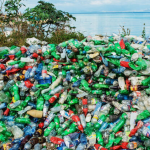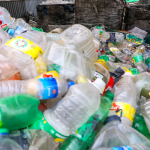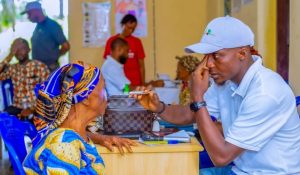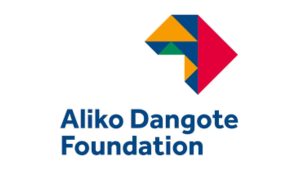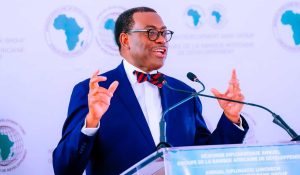
Introduction: Climate change poses significant challenges globally, but its impacts are not evenly distributed. In Nigeria, climate variability and change disproportionately affect wom8en, particularly in rural areas where they are often more reliant on natural resources for their livelihoods. This article explores the unique intersection of climate and gender in Nigeria, delving into the specific challenges faced by women and proposing actionable solutions to mitigate these impacts.
Challenges Faced by Nigerian Women:
- Agriculture: Women in Nigeria play a crucial role in agricultural production, yet they are more vulnerable to climate-related risks such as erratic rainfall, droughts, and floods. These climatic extremes can lead to crop failure, food insecurity, and loss of income for women farmers.
- Water and Sanitation: Climate change exacerbates water scarcity in many regions of Nigeria, further burdening women who are primarily responsible for household water management. Limited access to clean water and sanitation facilities jeopardizes women’s health and increases their caregiving responsibilities.
- Health: Changing climate patterns contribute to the spread of vector-borne diseases such as malaria and waterborne illnesses, disproportionately affecting women and children. Women often bear the brunt of caring for sick family members, which can hinder their economic opportunities and well-being.
- Economic Empowerment: Women in Nigeria are more likely to work in informal sectors, such as small-scale farming and trading, which are highly susceptible to climate shocks. Disruptions to these livelihoods can perpetuate gender inequalities and deepen poverty among women.
- Gender-Based Violence: Climate-related disasters can exacerbate existing vulnerabilities and increase the risk of gender-based violence against women and girls. Displacement, loss of livelihoods, and breakdowns in social support systems can leave women more exposed to exploitation and abuse.
Solutions:
- Climate-Resilient Agriculture: Promoting climate-smart agricultural practices such as conservation agriculture, agroforestry, and crop diversification can enhance resilience to climate change while improving productivity and income for women farmers.
- Water Resource Management: Investing in water infrastructure and technologies, such as rainwater harvesting systems and efficient irrigation methods, can alleviate the burden on women for water collection and ensure access to clean water for households and agricultural activities.
- Health Services and Education: Strengthening healthcare systems and providing targeted interventions for women and children can enhance resilience to climate-related health risks. Education and awareness campaigns on climate-sensitive diseases and preventive measures can empower women to protect themselves and their families.
- Economic Empowerment: Supporting women’s entrepreneurship and access to credit, training, and market opportunities can diversify income sources and build resilience to climate shocks. Providing women with tools and resources to participate in climate adaptation and mitigation initiatives can enhance their decision-making power and economic independence.
- Gender-Responsive Policies: Mainstreaming gender considerations into climate change policies and programs is essential for addressing the specific needs and priorities of women. Ensuring women’s participation and leadership in decision-making processes at all levels can promote gender equality and social inclusion in climate action.
Conclusion: Climate change is a multifaceted challenge that intersects with gender dynamics in complex ways, posing unique risks and opportunities for Nigerian women. By recognizing and addressing the differential impacts of climate change on women, policymakers, practitioners, and communities can foster resilience, promote gender equality, and advance sustainable development in Nigeria. Through targeted interventions and inclusive approaches, we can empower Nigerian women to thrive in the face of climate uncertainty and build a more equitable and resilient society for all.




